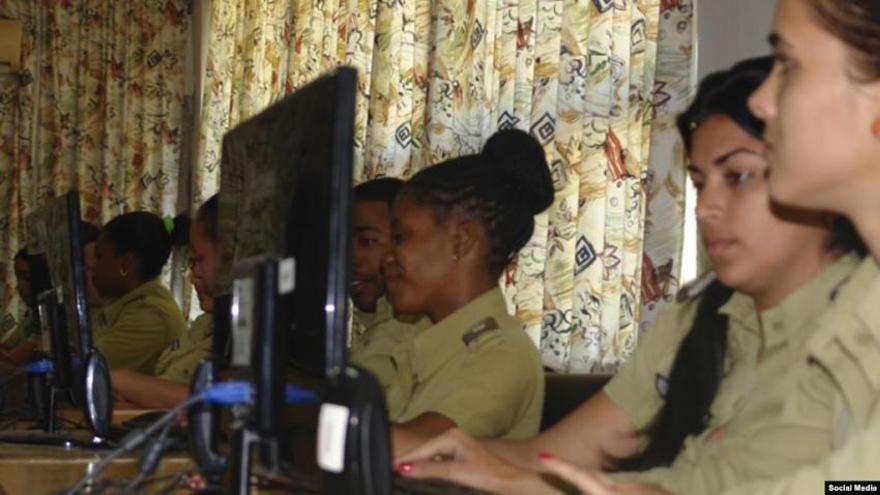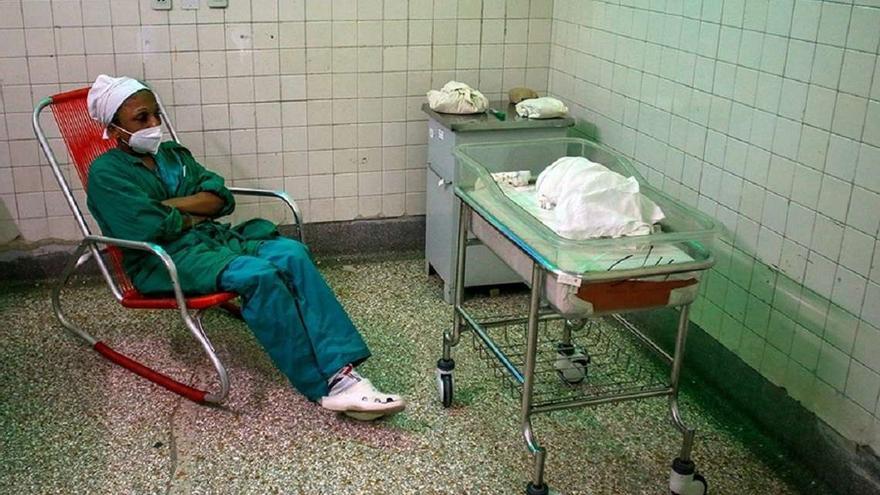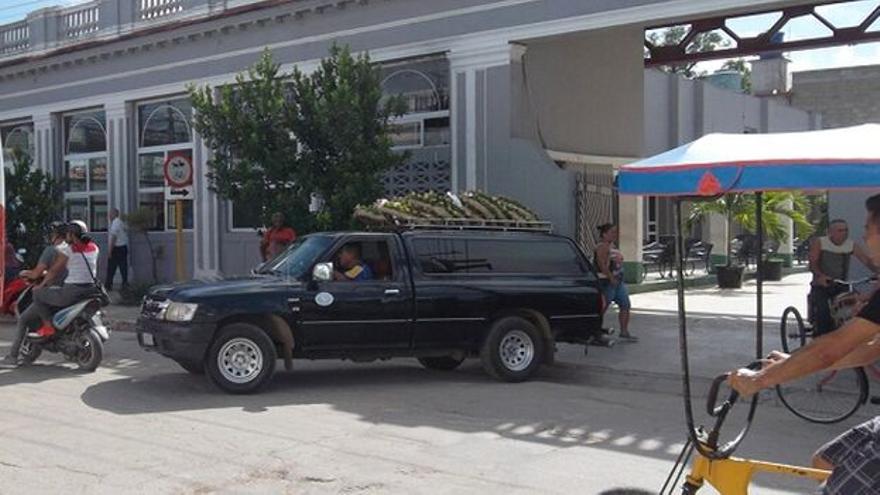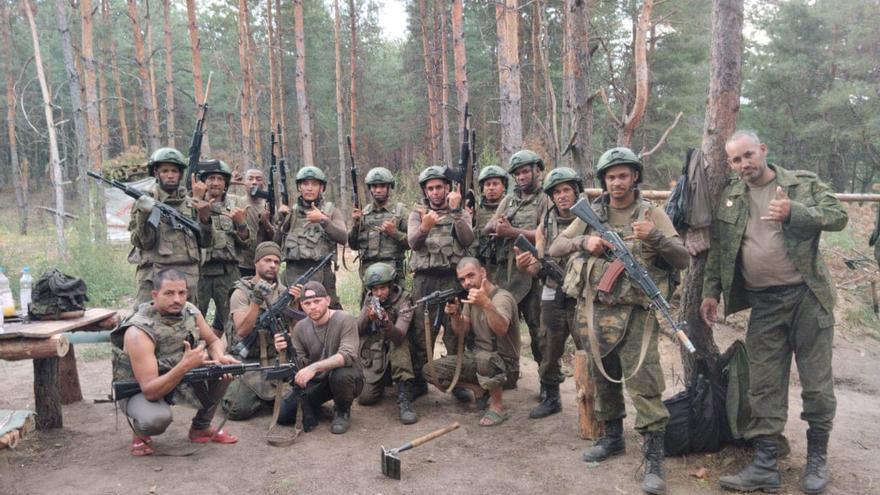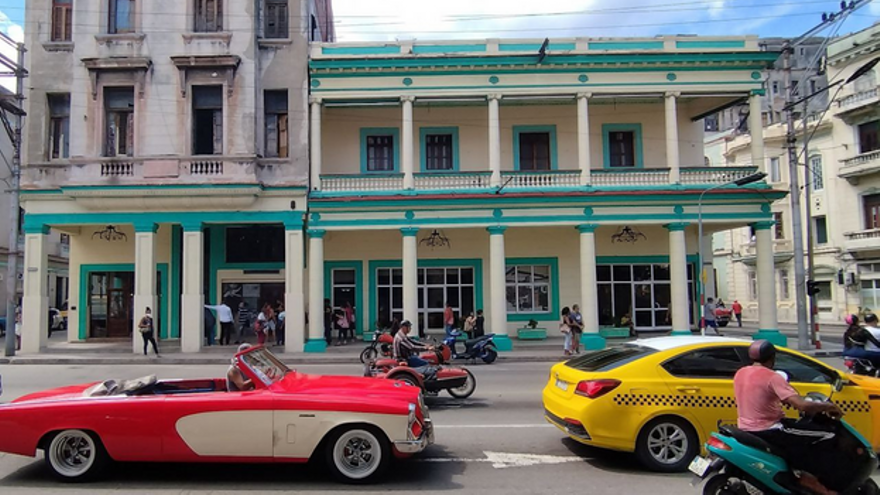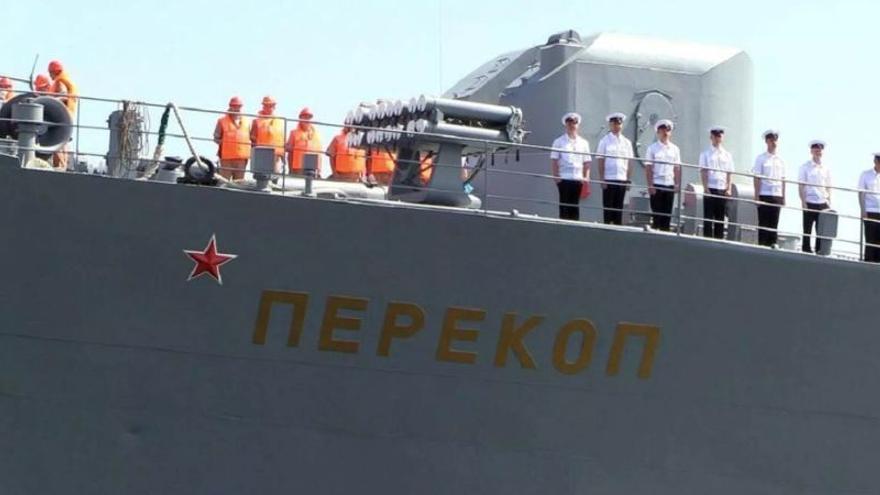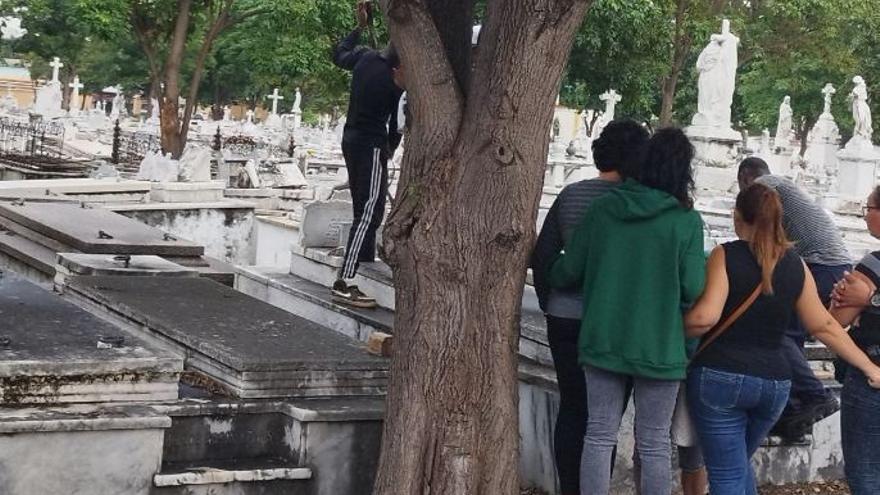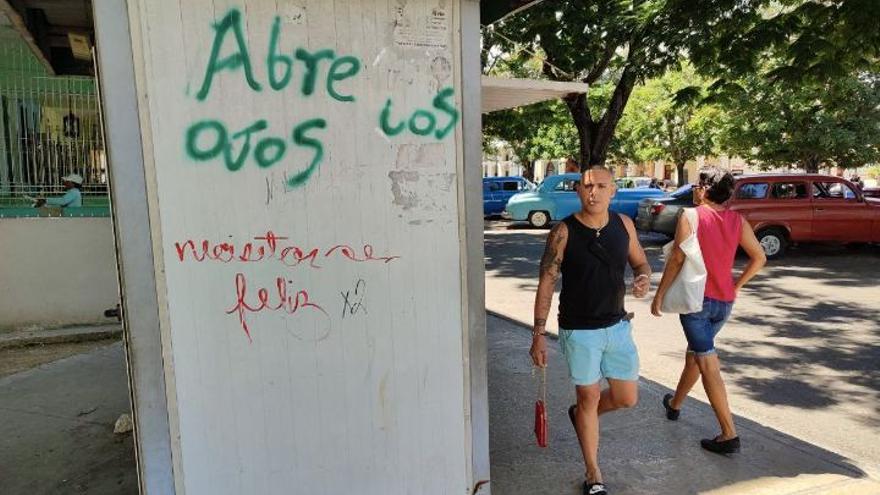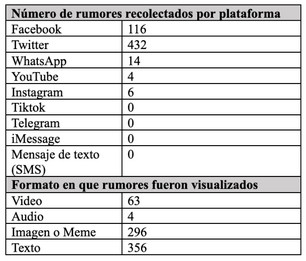The atmosphere of desperation and paralysis of life generated by blackouts has been the subject of multiple complaints

![]() 14ymedio/YucaByte, Havana, 19 June 2024 — Blackouts set the pace of life in Cuba, heating up tempers and triggering protests of a different caliber in a summer that is just beginning. With an increasingly unstable country on their hands, the higher-ups observe how the historical leadership is crumbling. The death of the last generals – such as Raúl Castro [age 93] or Ramiro Valdés [age 92] – will mark, according to the rumors that collaborators with 14ymedio and YucaBite have collected in May, the beginning of a bloody dispute for power.
14ymedio/YucaByte, Havana, 19 June 2024 — Blackouts set the pace of life in Cuba, heating up tempers and triggering protests of a different caliber in a summer that is just beginning. With an increasingly unstable country on their hands, the higher-ups observe how the historical leadership is crumbling. The death of the last generals – such as Raúl Castro [age 93] or Ramiro Valdés [age 92] – will mark, according to the rumors that collaborators with 14ymedio and YucaBite have collected in May, the beginning of a bloody dispute for power.
The signs pointing to warring factions within Castroism are already visible, say many users, who see in President Miguel Díaz-Canel’s trip to Moscow an attempt to win Vladimir Putin as a “godfather,” in the absence of Raúl. However, rumors indicate that the Kremlin is not getting along with the hand-picked Cuban president and there is talk of a cut in aid to Havana.
The key arguments are that Putin no longer trusts that Díaz-Canel is capable of maintaining control of the social tension on the Island, along with the old age of the historical leaders and, above all, the very high level of corruption of the current leaders, the majority appointed or ratified by the current president.
It was also suggested that not even a high-ranking official like Valdés is exempt from a possible purge. If last month there was speculation about his death – false information, as it turned out – it is now stated that Raul Castro ordered his properties to be confiscated, and the companies he supervised to be removed from his office, such as the military corporation Cimex, and the authority of the current leadership to be reinforced.
There were also comments that Díaz-Canel’s wife, Lis Cuesta, had also been detained in a police operation similar to the one that brought down the continue reading
Elián González, the “child star” of Fidel Castro’s propaganda, took advantage of his position in the Cuban Parliament to defenestrate Susely Morfa, according to a rumor
A series of minor rumors, about the corruption and stampede toward the United States of local leaders, includes the information that Elián González – the “child star” of Fidel Castro’s propaganda – took advantage of his position in the Cuban Parliament to defenestrate Susely Morfa, former first secretary of the Communist Party in Matanzas. A video also circulated that allegedly showed a group of officials and politicians at a party. In the middle of the celebration someone gives a warning: “Don’t record it so they don’t upload it to Facebook.”
In May, all kinds of rumors circulated about the exodus of prosecutors, police and State Security agents heading to the United States. The “volcano route” and the US Humanitarian Parole program, which Cubans have been resorting to for years to escape the system that these agents represent, is now the route that the former repressors choose to abandon ship. Several social media sites – often of victims – offer photos and testimonies from the journey of those who either beat or led summary legal proceedings in Cuba, and now aspire to seek asylum in the United States or other countries.
This is the case of Francisco Hernández Tejeda, who supposedly served as second chief of a Rapid Response Brigade in Sancti Spíritus, and who is said to have left the Island for Brazil, where his wife already lived, having “deserted” from a mission as a doctor. Another rumor claims that thousands of members of the Armed Forces and the Ministry of the Interior have requested discharge, but that their superiors refuse to give it to them so that they will not leave the country.
The atmosphere of desperation and paralysis of life generated by the blackouts has been the subject of multiple rumors and complaints. Among them, several photos of children stand out who, according to the descriptions of the images, sleep outdoors because they cannot stand being inside their homes during power outages. Some of the photographs show how other people travel with their mosquito nets to protect themselves from mosquitoes in the streets.
Information about alleged acts of sabotage, in addition to protests, have not been long in coming
Information about alleged acts of sabotage, as well as protests, have not been long in coming. A forest fire in Minas, Camagüey, was attributed by several users to the Clandestinos organization or some other opposition group, as a protest against electrical shortages and instability.
It was also rumored in May that special troops, police officers and Army personnel in the municipality of Palmira, in Cienfuegos, are “barracked” waiting for a social outbreak due to the blackouts. The increase in surveillance in several areas of Havana is attributed to the arrival of summer. Two patrols and a bus with special troops travel through El Vedado from time to time, says a social media commenter.
And like the rest of the months, there are recurring rumors about el químico (the chemical), the trendy drug in Cuba. It, or one of its variants, has also been called el papelito. What does not stop circulating are rumors, often confirmed by the independent press, about the escalation of violence in the country. A decomposed corpse found in the Versalles area, in Santiago de Cuba; the murder of a minor in Bayamo and the stabbing of another in Contramaestre; and the multiple murders in which violent action by the Police is suspected are arguments – at least in the digital imagination of Cubans – that the Island is an increasingly insecure country.
____________
COLLABORATE WITH OUR WORK: The 14ymedio team is committed to practicing serious journalism that reflects Cuba’s reality in all its depth. Thank you for joining us on this long journey. We invite you to continue supporting us by becoming a member of 14ymedio now. Together we can continue transforming journalism in Cuba.



